Salmon, The Masters of Adaptation
Century-old fish scales reveal how salmon populations are responding to climate change.
Scientists using 100-year-old salmon and climate data report that a variety of lake habitats in the Skeena watershed is fostering a diversity of responses by salmon to climate change. The research, published in Global Change Biology, further reveals that the annual freshwater growth of juvenile salmon is substantially higher over recent decades than a century ago.
The research team consisting of SkeenaWild Conservation Trust’s Director of Science, Dr.Michael Price, and colleagues at Simon Fraser University and Fisheries and Oceans Canada, applied modern genetic tools to fish scales collected from fisheries since 1913 to reconstruct the growth of juvenile sockeye salmon rearing in unique lake habitats for comparison with recent information.
The analyses reveal that several nursery lakes once considered poor producers of salmon now appear to be increasing in their importance under climate change. While the annual growth of juvenile sockeye has increased for nearly all populations over the last century, fish from some nursery lake habitats are growing much more than others.
“Our work suggests that habitat diversity provides a spectrum of opportunities for salmon to adapt to future increases in temperature associated with climate change,” says Dr. Michael Price, a Liber Ero Postdoctoral Fellow at Simon Fraser University and lead author.
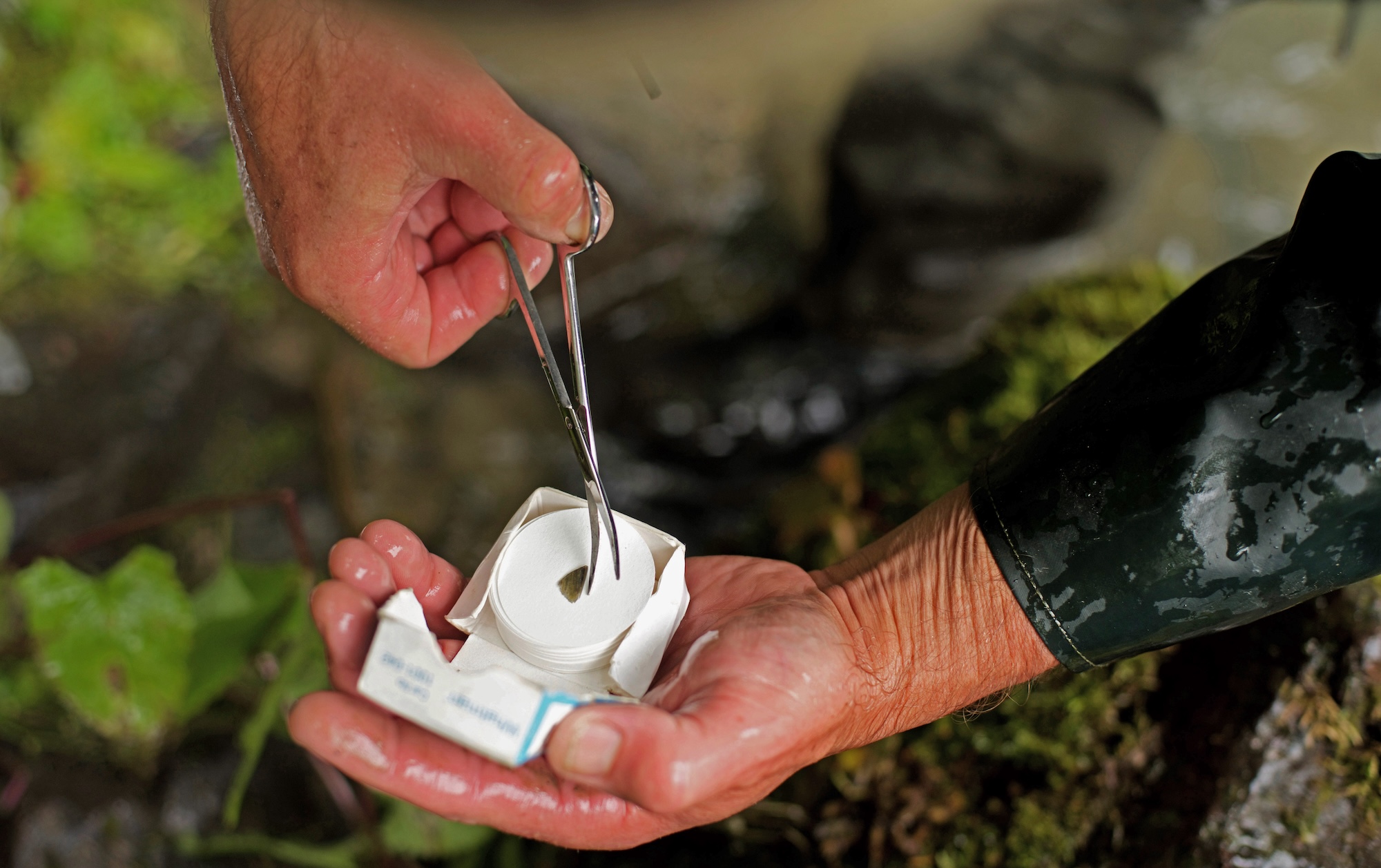
While competition for food has declined over the last century for most populations – enhancing growth – rising temperatures have had a more significant effect.
Particular lake habitats play an important role in modulating the effect of high summer temperatures, resulting in enhanced growth of these important fishes. Relatively deep and characteristically-cold lakes appear to have the most buffering capacity against rising temperatures. Fish in these habitats are likely to thrive in the near term under forecasted climate change.
Dr. Price concludes that maintaining the integrity of a variety of freshwater habitats will help foster a diverse climate-response portfolio for important fish species, which in turn can ensure that salmon watersheds are resilient to future environmental change.
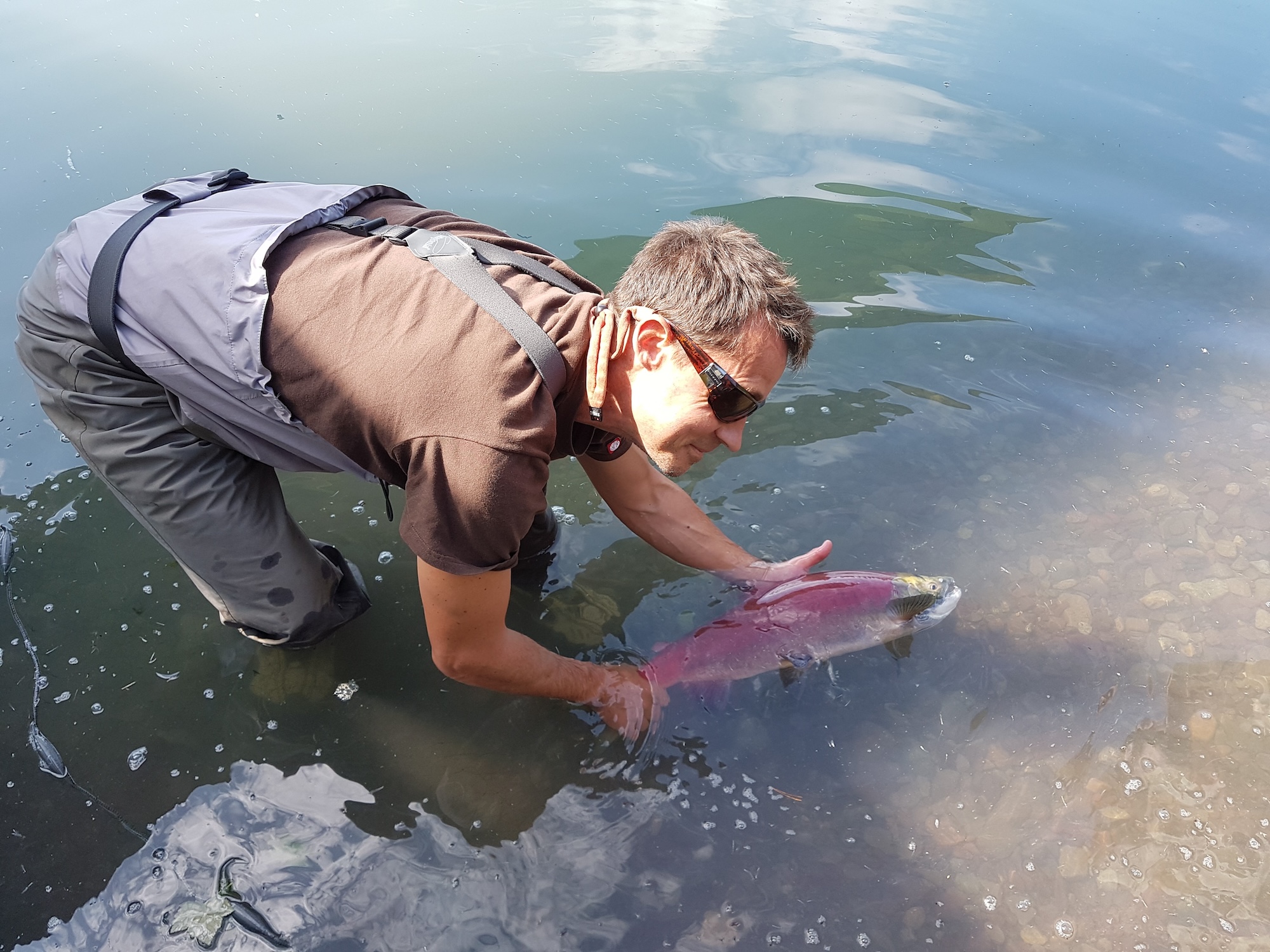
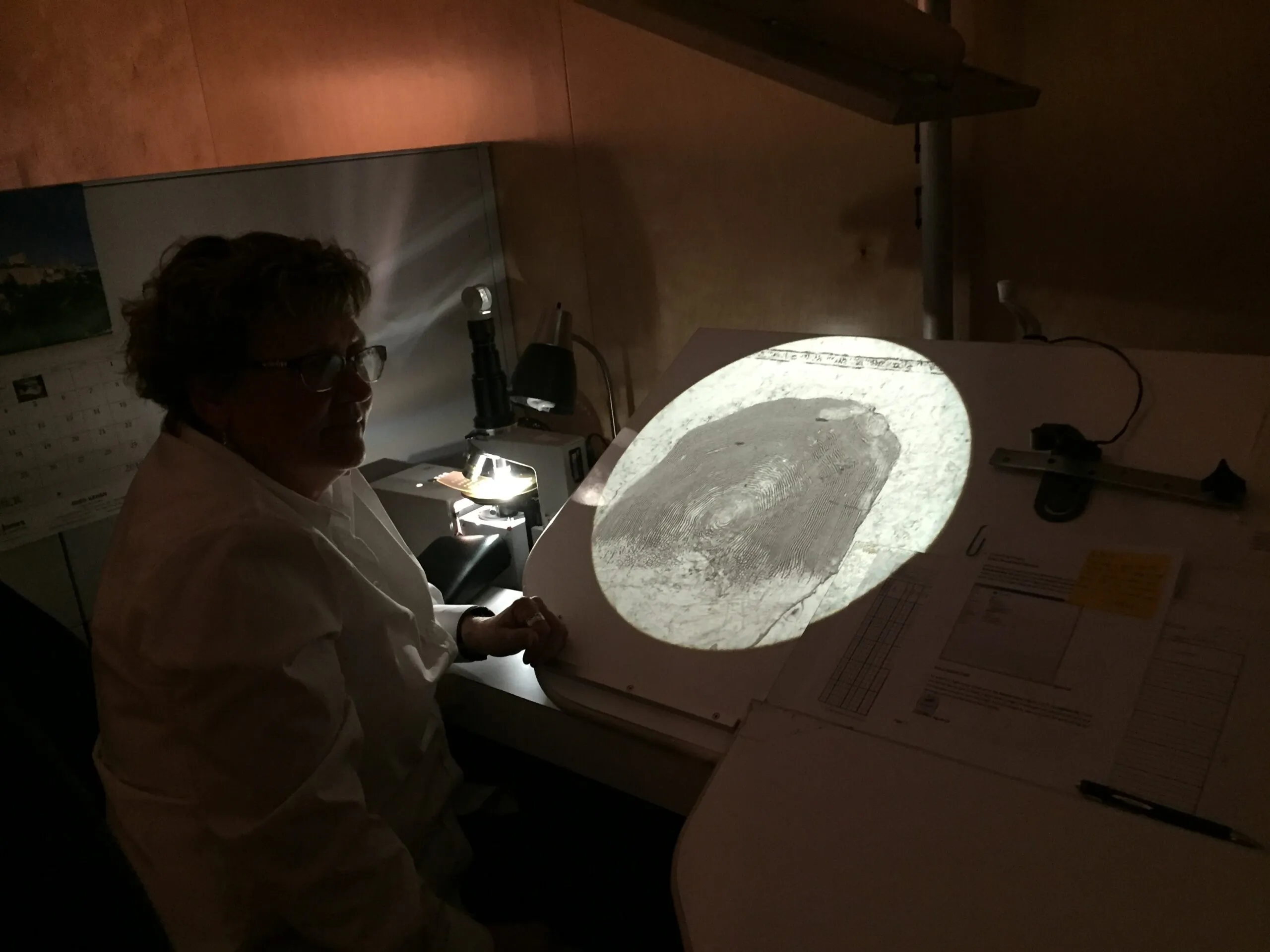
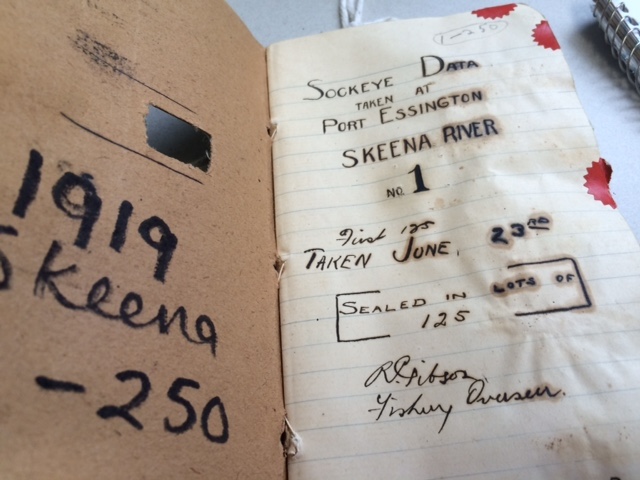
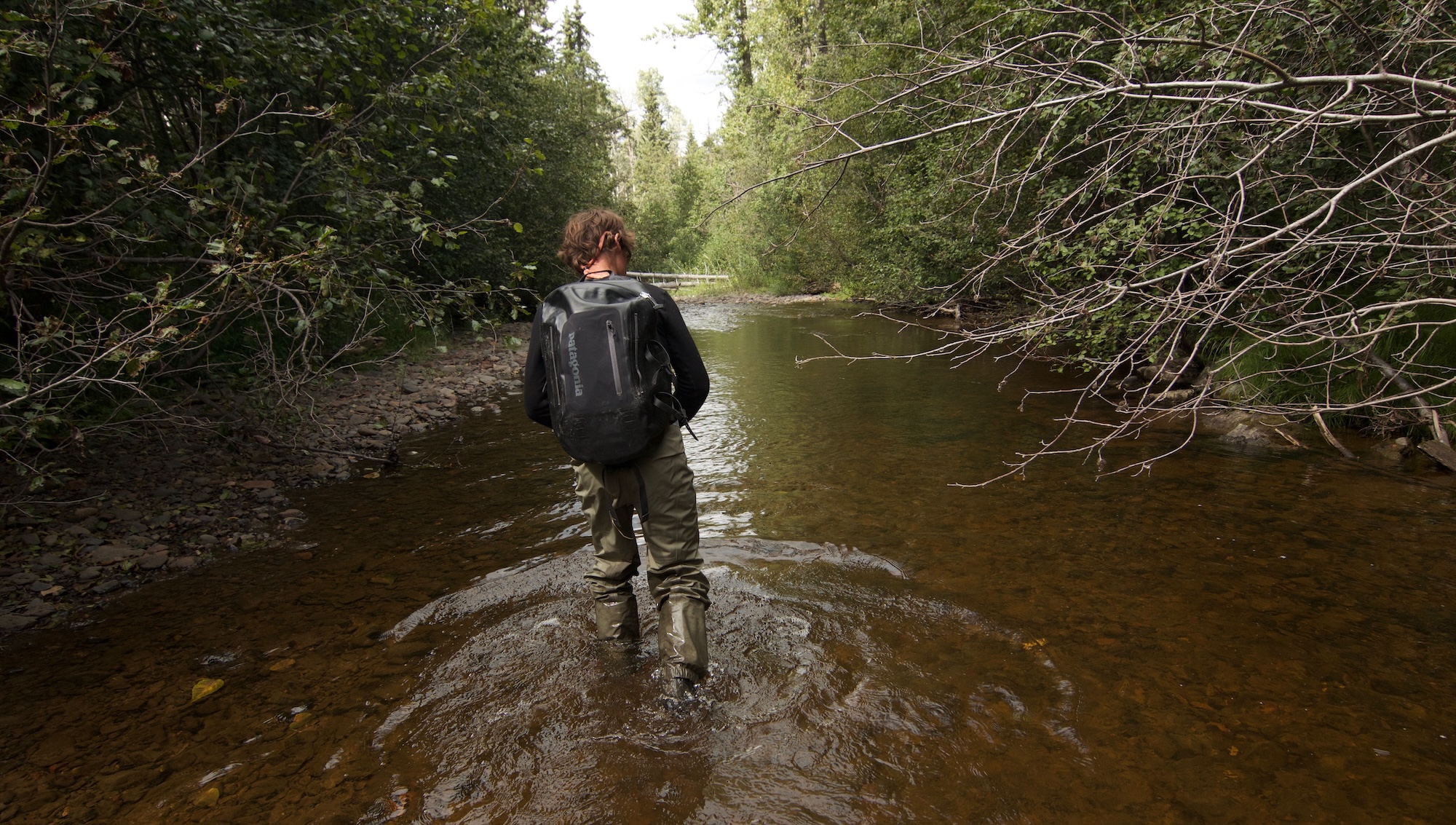
How can we ensure that wild salmon persist and thrive under future environmental change in places like the Skeena? By protecting the existing variety of freshwater rivers and lakes that they require. Let’s be proactive stewards of salmon and give them a fighting chance.
We can begin here.
Learn more about Dr. Michael Price’s research at Simon Fraser University
learn more about Skeena Wild’s Science and Research program, led by Dr. Michael Price
Want to help? Donate to the SkeenaWild Science and Research program below.
In The News:
The Times Hub
Sockeye salmon bigger today than 100 years ago in B.C.
CBC Radio Canada (French)
Les saumons rouges plus gros aujourd’hui qu’il y a 100 ans en Colombie-Britannique
National Observer
Baby sockeye salmon are growing faster due to climate change. Is bigger better?
The Northern View
The past holds the key to the future for Skeena sockeye: SFU researcher
CBC’s On The Coast
A recent SFU study into salmon populations looked at one hundred year of salmon scales
The Peak
Conservation scientist discovers changes in BC salmon
Eos
Young Salmon in British Columbia Are Getting Bigger
Other News

Legal Challenge Filed Against Decision Allowing KSM Mine to Proceed
KSM Gold Mine Judicial Review Legal Challenge Filed Against Decision Allowing KSM Mine to Proceed The proposed mine threatens Nass and Unuk watersheds, relies on…
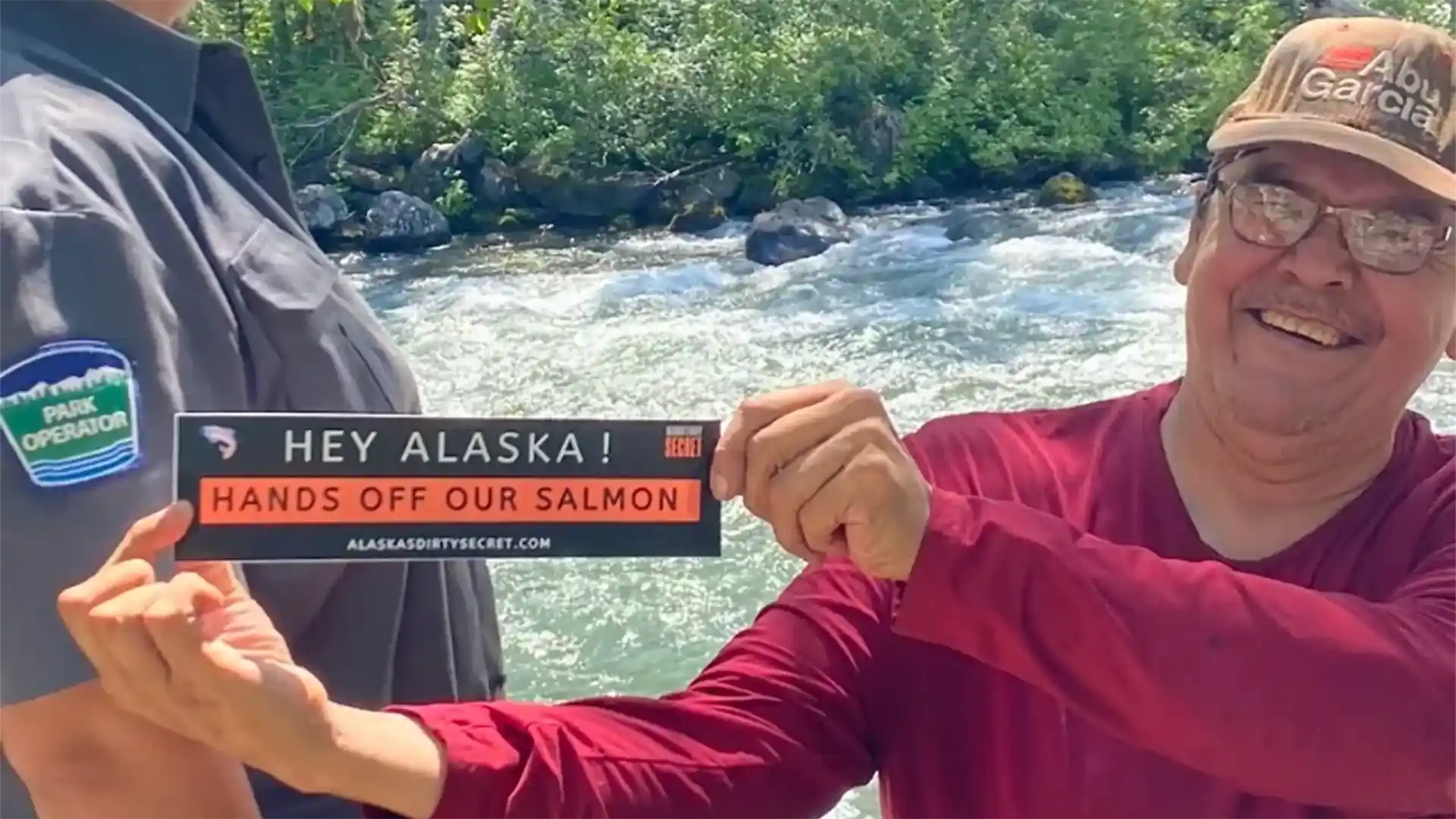
Alaska salmon fishery objection dismissal ‘seriously undermines’ MSC credibility
Alaska salmon fishery objection dismissal ‘seriously undermines’ MSC credibility Watershed Watch, Raincoast Conservation and SkeenaWild’s objection to SE Alaskan fisheries’ sustainable rating was rejected this…
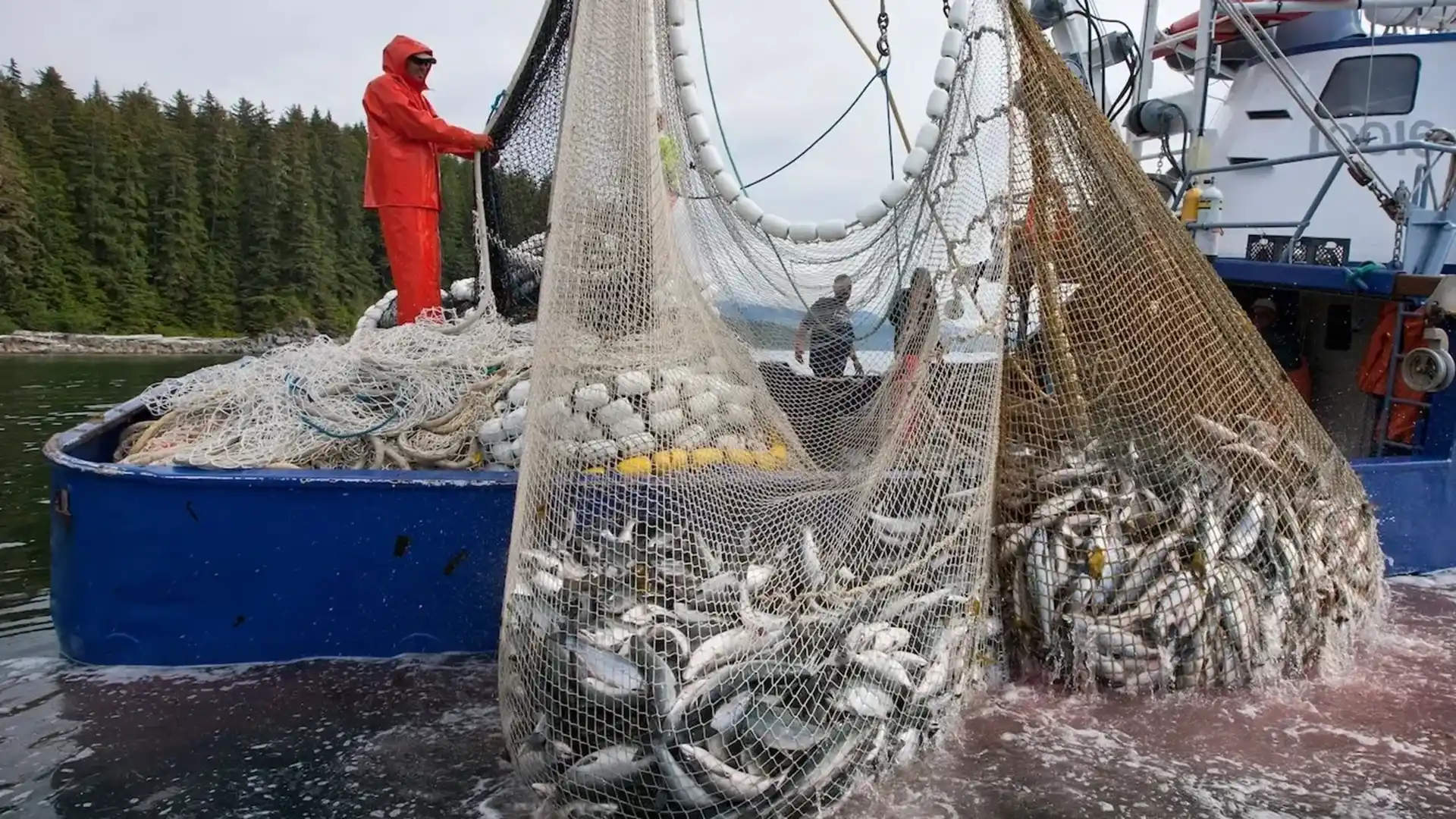
B.C. NGOs head to Seattle for final step in their objection to the certification of southeast Alaska salmon fisheries
B.C. NGOs head to Seattle for final step in their objection to the certification of southeast Alaska salmon fisheries Alaska’s fisheries should not be accredited…
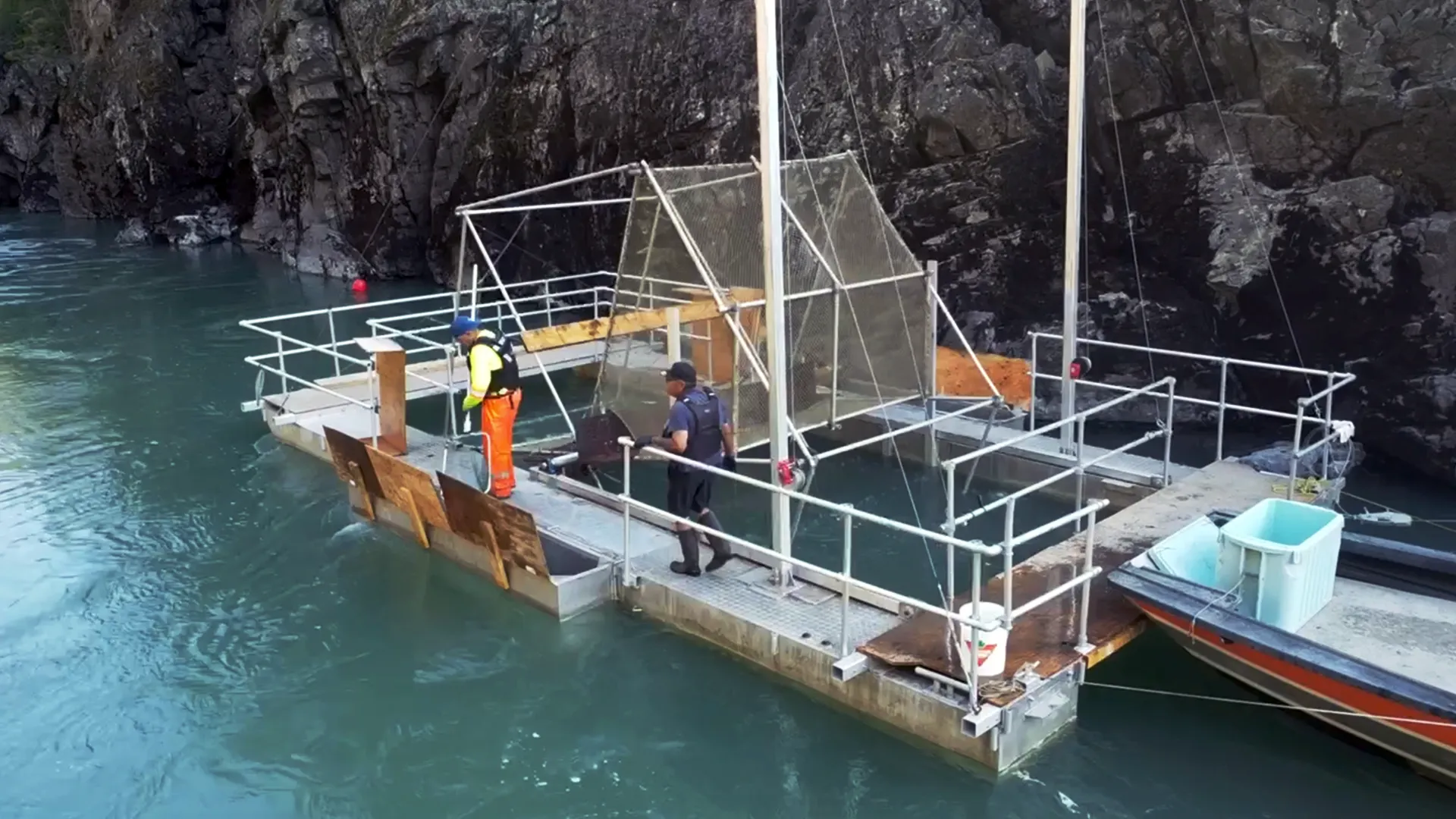
The Future Is Selective
The Future Is Selective This summer, B.C. salmon fishing has offered a glimpse into a sustainable future. In the Skeena, fisheries have opened with strong…

Legal Challenge Filed Against Decision Allowing KSM Mine to Proceed
KSM Gold Mine Judicial Review Legal Challenge Filed Against Decision Allowing KSM Mine to Proceed The proposed mine threatens Nass and Unuk watersheds, relies on…

Alaska salmon fishery objection dismissal ‘seriously undermines’ MSC credibility
Alaska salmon fishery objection dismissal ‘seriously undermines’ MSC credibility Watershed Watch, Raincoast Conservation and SkeenaWild’s objection to SE Alaskan fisheries’ sustainable rating was rejected this…

B.C. NGOs head to Seattle for final step in their objection to the certification of southeast Alaska salmon fisheries
B.C. NGOs head to Seattle for final step in their objection to the certification of southeast Alaska salmon fisheries Alaska’s fisheries should not be accredited…

The Future Is Selective
The Future Is Selective This summer, B.C. salmon fishing has offered a glimpse into a sustainable future. In the Skeena, fisheries have opened with strong…